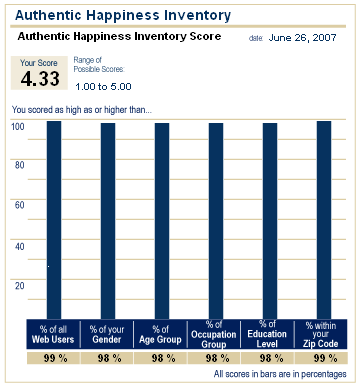On my quest for management research based on systems theory, I’ve generally been disappointed since the systems foundations are rarely apparent from a superficial reading. Typically, when I read management research, I get a queasy feeling inside, because a lot of the content written is anti-systemic.
In contrast, when I read Johan Wallin‘s 2006 book, Business Orchestration: Strategic Leadership in the Era of Digital Convergence, I felt strangely comfortable. I attribute this to the lineage from which Wallin has come, so that there is “systems thinking inside”. Wallin completed his dissertation in 2000 in association with Rafael Ramirez. Ramirez is a graduate of the Social Systems Science (S3) program1 at the University of Pennsylvania, and now a professor at Oxford. In addition, Wallin worked closely with Richard Normann, immersing him in the Value Constellation model. I suspect that the average reader would be oblivious to the fine distinctions that systems theory makes. For management researchers, however, such foundations enable a strong scientific foundation, rather than simplified metaphors that break down under scrutiny.


 I’ve been an advocate of
I’ve been an advocate of 
